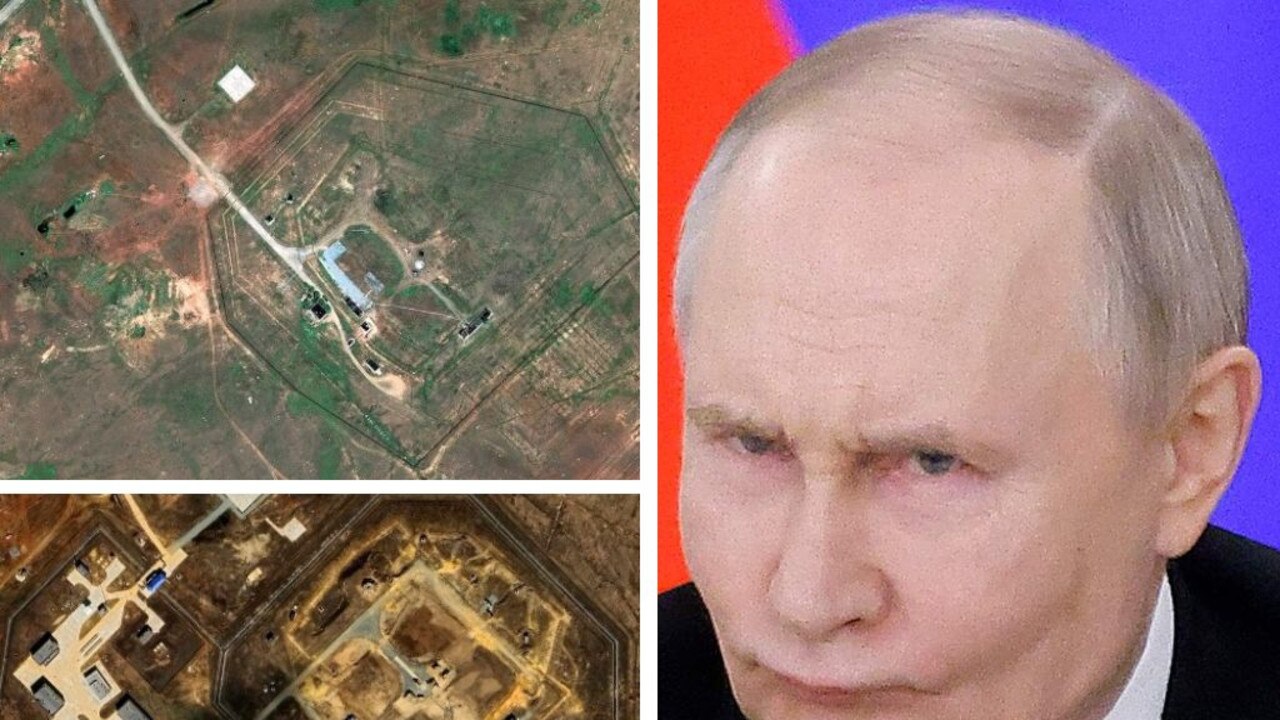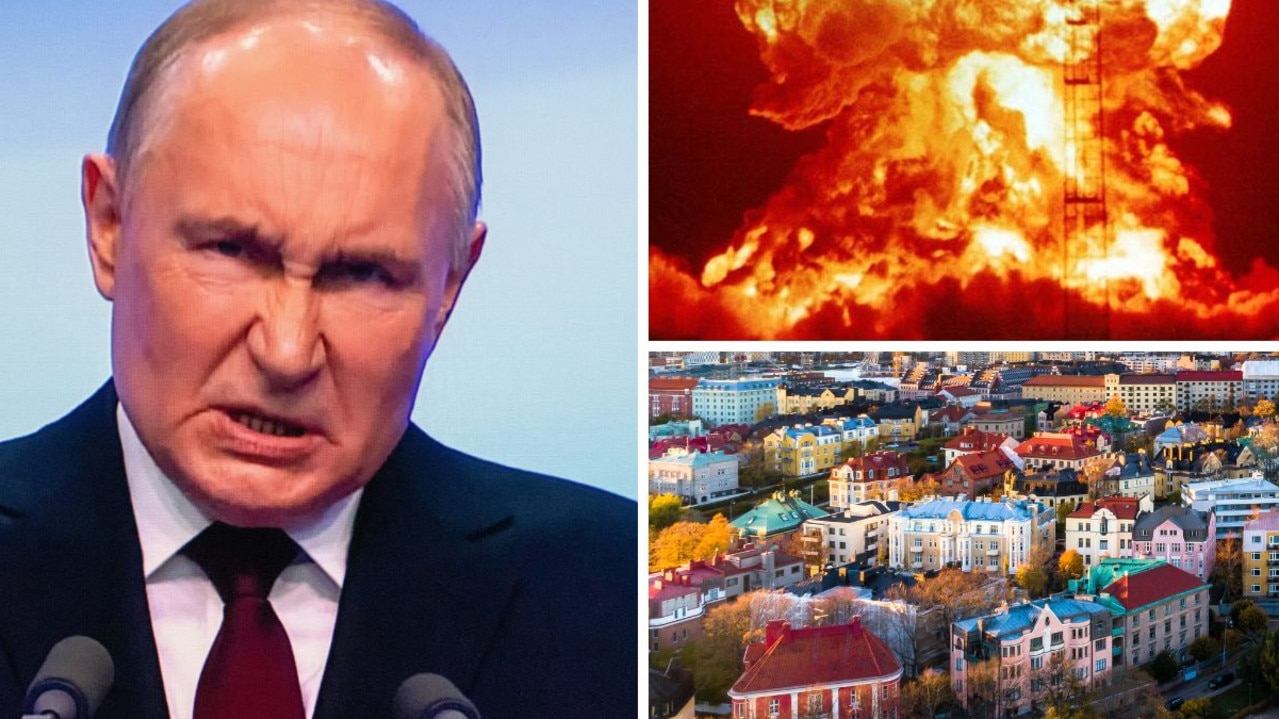Russia fuming at neutral European nation, accuses it of providing $1.4 billion in arms to Ukraine
Vladimir Putin’s Foreign Intelligence Service has dished out startling accusations at a European nation over an alleged $1.4 billion care package for Ukraine.
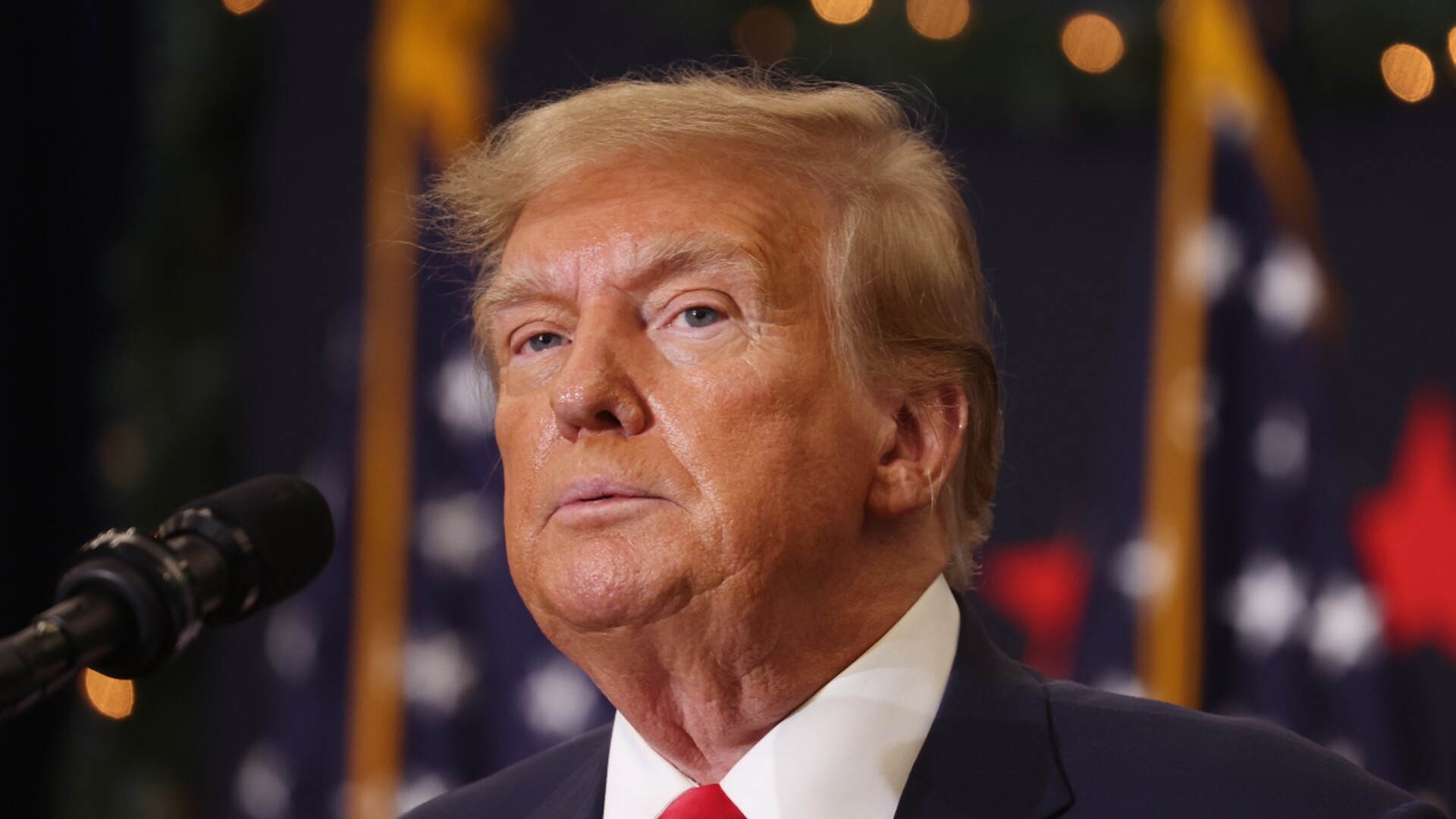
Innovation
Don't miss out on the headlines from Innovation. Followed categories will be added to My News.
Russia’s Foreign Intelligence Service (SVR) has accused Serbia of covertly supplying weapons to Ukraine, in apparent violation of Belgrade’s stated neutrality in the war.
In a statement released Thursday, the SVR claimed that at least seven leading Serbian defence companies have exported “hundreds of thousands of rockets and millions of small arms cartridges” to Ukraine, using falsified end-user certificates to mask the true destination of the arms.
The claims were published in the Moscow Times before making their way around the European press.
“These shipments can hardly be justified on ‘humanitarian grounds.’ Their only obvious purpose is to kill and maim Russian servicemen and civilians,” the agency said, describing the alleged sales as “an attempt to stab Russia in the back”.
The Financial Times previously reported that Serbia has exported around €800 million (A$1.4 billion) in ammunition to Ukraine via third-party nations since the beginning of Russia’s full-scale invasion in 2022.
President Aleksandar Vucic, who recently attended Russia’s Victory Day military parade in Moscow, has acknowledged the exports but insisted they were legal and routed through intermediaries such as the United States, Spain, and the Czech Republic.
“We have friends in Kyiv and in Moscow. These are our Slav brothers,” Vucic told the FT.
“I need to take care of my people, and that’s it.”
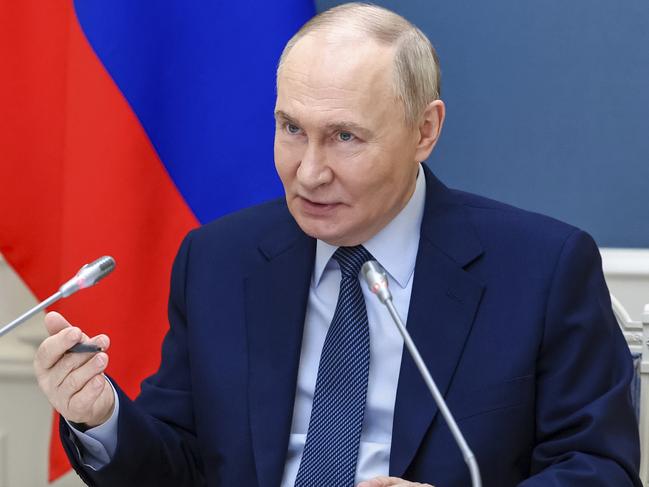
The SVR also invoked their shared Slavic identity with Serbia in its address, accusing the nation’s defence sector and unnamed “patrons” of seeking to “profit from the blood of fraternal Slavic peoples”.
Although Serbia has maintained close political and economic ties with Moscow — including heavy reliance on Russian gas — it has stopped short of imposing sanctions on Russia and continues to pursue EU membership.
Since the war began in February 2022, tens of thousands of Russians have relocated to Serbia, particularly following President Vladimir Putin’s announcement of partial mobilisation later that year.
North Korea’s contribution
On the topic of supplying arms, a new report has claimed to have revealed just how much North Korea has contributed to the Russian war effort following Putin’s very public chumming-up with Kim Jong-un.
Russia received up to nine million artillery and rocket munitions from North Korea this year, along with approximately 100 ballistic missiles and advanced weapons systems, according to a new report by the Multilateral Sanctions Monitoring Team (MSMT).
The munitions — including 122 mm and 152 mm calibre rounds — were delivered by rail from ports in Russia’s Far East to ammunition depots in the country’s southwest, before being deployed in the ongoing war against Ukraine.
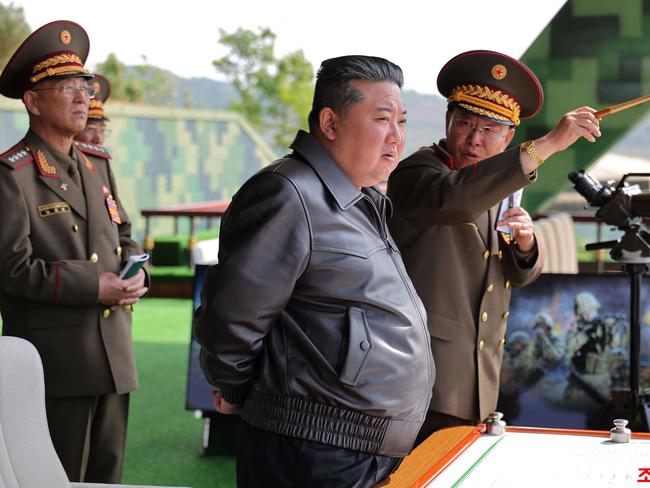
In addition to the munitions, North Korea transferred at least 100 ballistic missiles to Russia in 2024. These were subsequently used to strike Ukrainian civilian infrastructure and terrorise urban populations in cities including Kyiv and Zaporizhzhia, the report said.
North Korea also provided Russia with a significant quantity of heavy weaponry.
Battlefield analysis by Ukraine’s Defence Intelligence Directorate confirmed the use of North Korean-made Bulsae-4 anti-tank missiles and RPG-type anti-tank rockets among the recovered Russian armaments.
Startling report a warning for Europe
The development comes after a report from the International Institute for Strategic Studies that warned Europe of Russia’s capabilities.
Moscow could be in a position to threaten NATO nations within two years if a ceasefire in Ukraine is brokered soon, according to a startling new report from a London think tank.
The warning joins a now-familiar chorus from European governments and security analysts, many of whom have spent the last three years voicing concerns about what Moscow may do next.
The invasion of Ukraine was Vladimir Putin’s message to the world that he wasn’t afraid of making seismic decisions that impact the lives of millions. The Western backlash against Russia has lit a fire under the nation’s state-sponsored mouthpieces, many of whom have haphazardly threatened retaliation by “levelling cities”.
While it’s a troubling scenario, a surprise Russian assault on a NATO country remains unlikely, largely because of the nuclear deterrent on both sides.
Earlier this week, Europe was gripped by the sudden emergence of over two million leaked documents revealing the scale and ambition of Moscow’s nuclear infrastructure overhaul.
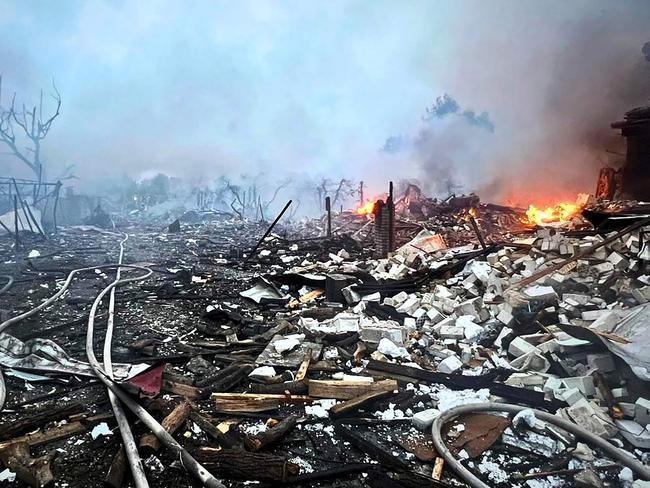
Without mutual inspections in place since 2020, understanding Russia’s true capabilities has been difficult, meaning leaks are viewed as solid gold for Western governments.
The documents, published by the Danish independent outlet Danwatch, provide a chilling glimpse into Putin’s long-game strategy to reinforce Russia’s famous deterrence doctrine.
Putin has previously stated that Russia would never be the first to use nuclear weapons, but that if attacked, retaliation would be absolute.
“Any aggressor should know that retaliation is inevitable and they will be annihilated,” he declared.
In a separate speech in 2024, Putin warned his nuclear forces were “always” on alert.
“Russia will do everything to prevent a global clash, but at the same time we will not allow anyone to threaten us. Our strategic forces are always on alert,” Putin told thousands of soldiers gathered for their annual Victory Day in 2024.
“Russia is now going through a difficult, crucial period. The fate of the Motherland, its future depends on each of us,” he said.
Originally published as Russia fuming at neutral European nation, accuses it of providing $1.4 billion in arms to Ukraine



